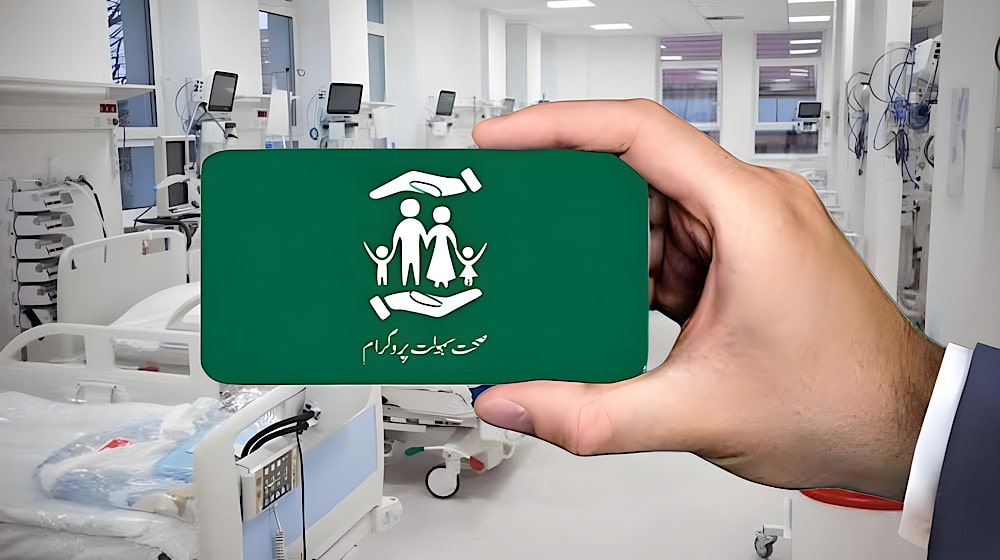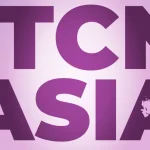Punjab Govt Clarifies Rumors on Sehat Card Services
The Punjab govt clarifies rumors on Sehat Card services, strongly affirming that the program remains fully operational. Officials urged the public not to trust false reports on social media.
They stressed that patients still qualify for free healthcare at designated private hospitals across Pakistan under Sehat Card.
Sehat Card Still Fully Functional
Representatives from Punjab Health Initiative Management Company (PHIMC) confirmed that Sehat Card services remain active in the province. Hospitals affiliated with the scheme continue offering free treatment to eligible cardholders.
Authorities described Sehat Card as one of Punjab’s flagship health initiatives, and they reaffirmed commitment to maintaining access across the region.
CNIC Replaces Physical Sehat Card
Officials announced that citizens no longer need to carry a physical Sehat Card. The Computerized National Identity Card (CNIC) now doubles as the health access credential under Sehat Card.
They urged families to check their records in NADRA to ensure correct data. Correct registration ensures seamless access to Sehat Card benefits.
Easy Eligibility Checks via SMS & Helpline
PHIMC made eligibility verification simpler. Residents can send their CNIC number via SMS to 8500 to check Sehat Card status.
Additionally, a helpline is available daily from 8:00 a.m. to 11:00 p.m. to assist users with hospital issues or queries about services.
The helpline helps users resolve problems and ensures they can access services without hurdles.
Background: Previous Rumors & Public Confusion
Earlier rumors suggested that Punjab had suspended Sehat Card services in public hospitals, leading to public outcry. Some media reported the scheme ended in government hospitals.
In July 2025, Punjab reportedly cited “financial inefficiencies” for limiting Sehat Card usage in public hospitals, while keeping it in private ones.
Critics warned that this change could erode health coverage for low-income families heavily reliant on free public hospital care.
The Public & Political Response
Many patients shared confusion and concern on social media, citing denied services at hospitals.
Health rights activists urged the government to issue clear public notices to stop panic among beneficiaries.
Opposition parties also seized on the rumors, demanding transparency about the future of public hospital services.
Punjab’s ruling health ministry countered by releasing official statements and media advisories to clarify the scheme’s status.
Health Infrastructure & Service Assurance
Officials emphasized that Sehat Card in private hospitals is unaffected, and public hospitals will continue providing free healthcare as before.
Punjab’s health system uses overlapping safety nets; in scenarios where Sehat Card services narrow, alternate public welfare health programs may fill the gap.
During recent policy tweaks, the government framed adjustments as reorganization, not suspension of Sehat services.
Role of PHIMC & Institutional Oversight
Punjab Health Initiative Management Company (PHIMC) oversees Sehat Card administration. PHIMC is the authority managing hospital empanelment, payment processing, and beneficiary database.
It ensures that the health infrastructure aligns with eligibility, hospital acceptance, quality controls, and grievance redressal.
By centralizing oversight, PHIMC helps smooth operations and aligns stakeholders including public and private hospitals.
Comparative Expansion: KP & Sehat Network Growth
While Punjab deals with rumors, Khyber Pakhtunkhwa (KP) government announced expansion of its Sehat Card scheme. They plan to include more private and public hospitals under the free care umbrella.
KP’s expansion highlights the growing importance of free health access models across provinces.
This regional competition may push Punjab to strengthen service delivery and public trust.
Significance for Public Health & Policy
Sehat Card is a key instrument in reducing out-of-pocket medical costs for low- and middle-income families.
Keeping it functional preserves public health equity and prevents medical impoverishment.
By clarifying the rumors, Punjab aims to maintain beneficiary trust and reduce avoidable hospital drop-offs due to fear or misinformation.
Stable, transparent health policy helps citizens access services confidently.
Risks & Points of Caution
Despite clarifications, some risk persists: hospitals may interpret policy changes differently, causing access gaps.
Records mismatch in NADRA may block legitimate beneficiaries. Families must ensure data is accurate and updated.
Health facilities may struggle to cope if demand spikes with renewed trust and usage.
Effective oversight and audit will be needed to prevent misuse or fraud in service claims.
What Beneficiaries Should Do
- Confirm Sehat Card status by sending CNIC to 8500.
- Call the PHIMC helpline for hospital or service issues.
- Update NADRA family records if needed for seamless access.
- Approach empaneled private hospitals for free treatment.
- Report discrepancies or denials via official complaint channels.
These steps help beneficiaries ensure uninterrupted access to health services.
Conclusion
In clarifying that Sehat Card services remain active, the Punjab govt clarifies rumors on Sehat Card services and restores public confidence.
By transforming CNIC into Sehat Card credential and maintaining helplines, officials aim to make access smoother.
While past reports hinted at contraction of services, the government now reaffirms its commitment to health equity.
The ongoing challenge is to ensure implementation is consistent, hospitals honor access, and benefits reach policy’s intent.







